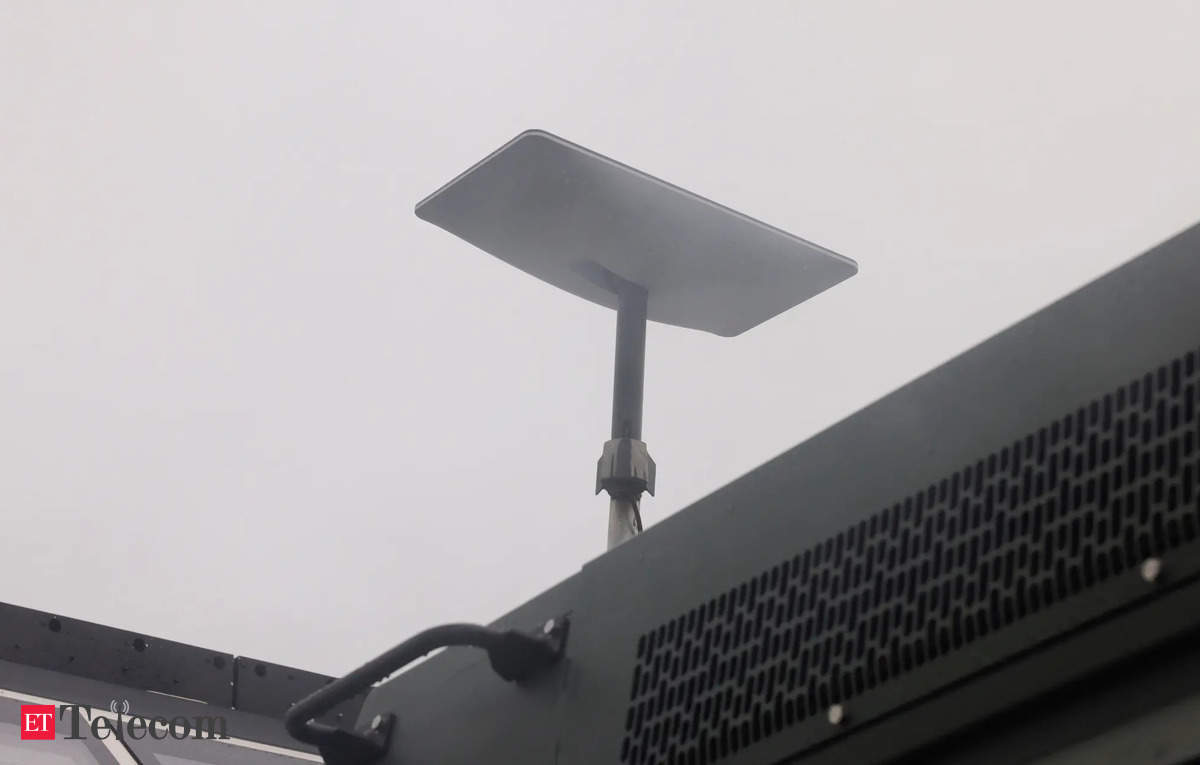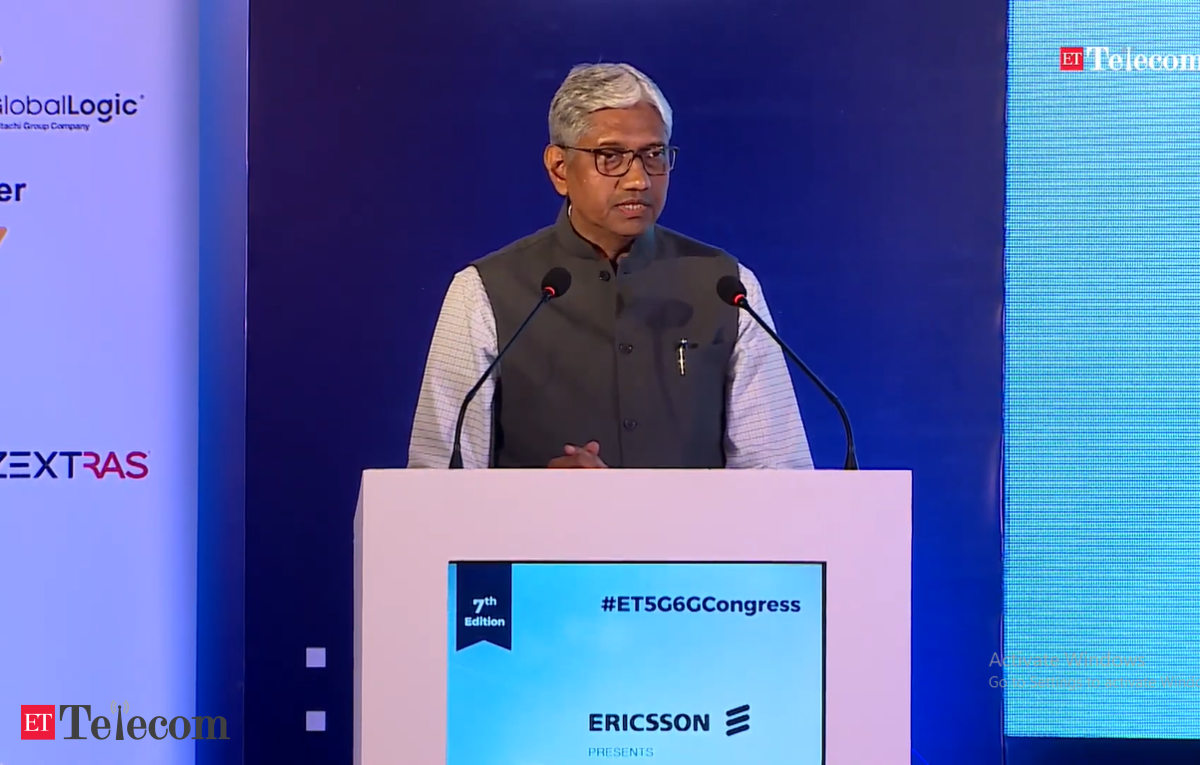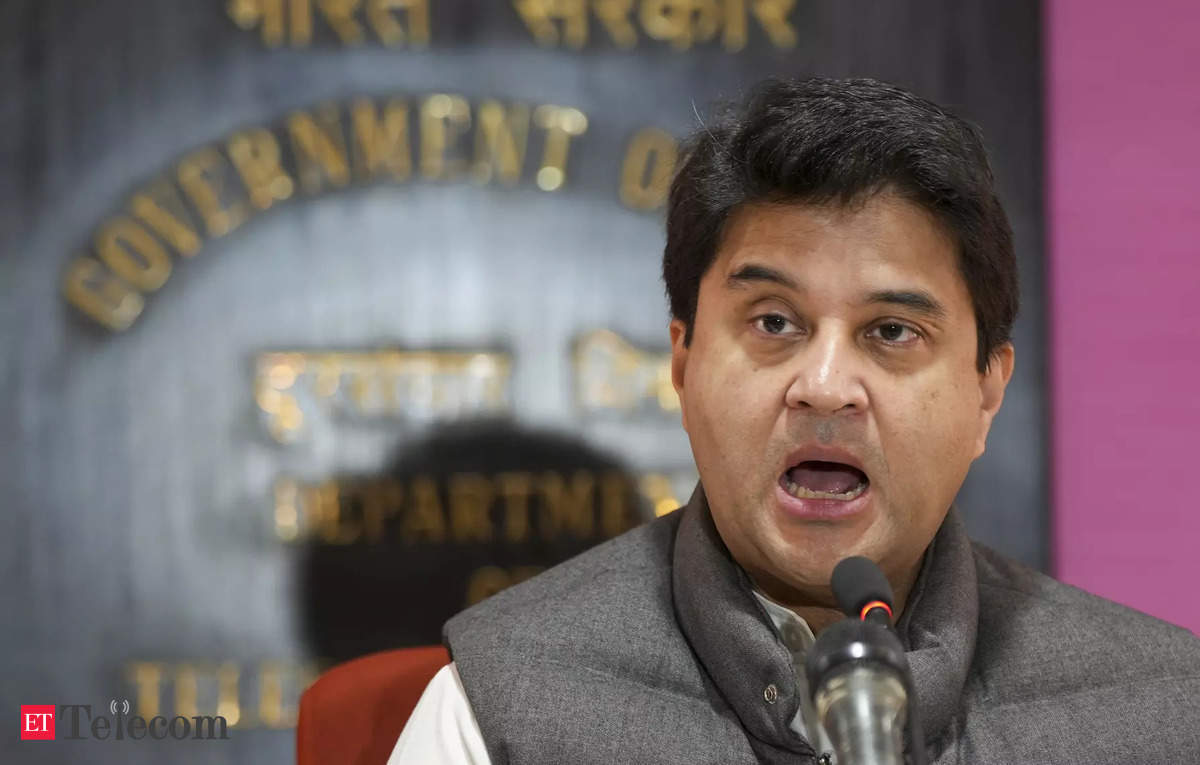- Joined
- 3 Nov 2010
- Messages
- 29,500
- Solutions
- 18
- Reaction score
- 42,680
Reliance Jio urges TRAI to reconsider its consultation paper on satellite spectrum pricing. Jio feels the paper overlooks the need for a level playing field between satellite and terrestrial networks. They also question the preference for administrative allocation of spectrum over auctions. Jio stresses that auctions should be the default method for spectrum assignment.

 economictimes.indiatimes.com
economictimes.indiatimes.com

Jio pushes Trai to revise satcom paper on pricing, include level playing field
Reliance Jio urges TRAI to reconsider its consultation paper on satellite spectrum pricing. Jio feels the paper overlooks the need for a level playing field between satellite and terrestrial networks. They also question the preference for administrative allocation of spectrum over auctions. Jio...














